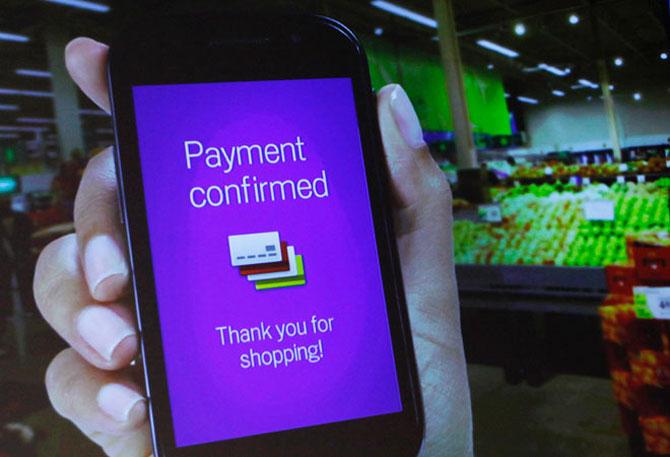Citing the UPI’s phenomenal success in India, Google, in a letter to the Fed, said FedNow should be an open system, like the UPI.

The US Federal Reserve, or the Fed, should replicate India’s Unified Payments Interface (UPI) model for its proposed interbank real-time gross settlement (RTGS) service, Google has recommended.
Launched in 2016, the UPI is the country’s flagship real-time payments system, which allows users to transfer money directly from their bank accounts.
Since it works across multiple bank accounts, without revealing the details of one’s account to the other party, it makes paying someone as simple as handing over cash. It clocked 1.2 billion transactions in November, valued at Rs 1.89 trillion.
Citing the UPI’s phenomenal success in India, Google, in a letter to the Fed, said FedNow should be an open system, like the UPI.
“We’ve been pretty vocal that we believe the right model for driving digital payments is through partnership between banks, governments and tech companies through open and standard-based infrastructures like UPI,” tweeted Caesar Sengupta, general manager & vice-president, payments and Next Billion Users at Google.
In August, the Fed announced that it would develop a “new interbank 24x7x365 RTGS with integrated clearing functionality to support faster payments in the United States”. The Fed Board asked for comments on FedNow by November. In reply to this, Google mentioned its experience of launching Google Pay -- Google’s payments app which uses the UPI -- in India.
“Google partnered with regulators and the payments ecosystem to launch Google Pay. This helped drive and scale UPI usage through the Google Pay app, which currently has 67 million monthly active users,” Google said in a white paper.
Google Pay has enabled more than 2.5 billion transactions, and now has an annual run rate of over $110 billion in transaction value.
This drove not only basic payment services such as peer-to-peer and peer-to-merchant, but it also paved the way to value-added services such as instant loans, it said.
Google said it believes keeping the service free and welcoming all banks, merchants and third-party technology players is what worked for the UPI.
"First, the UPI is an interbank transfer system (there are now over 140 member banks, after initially launching with nine participating banks). Second, it is a real-time system. Third, it is 'open' - meaning technology companies can build applications that help users directly manage transfers into and out of their accounts held at banks," Mark Isakowitz, vice-president, government affairs and public policy, US and Canada, Google, wrote in a November 7 letter.
Adoption of the system was rapid, growing from 100,000 monthly transactions, to 77 million, to 480 million, to 1.15 billion monthly transactions in the first four years.
"After just three years, the annual run rate of transactions flowing through UPI is about 10 per cent of India' GDP (gross domestic product), including 800 million monthly transactions valued at $19 billion," said the letter marked to Ann Misback, secretary, board of governors of the Federal Reserve System.
Isakowitz concluded the letter by saying the Fed should "support real-time low-value and high-value payments, use standardised messaging protocols with extended metadata, and provide clear standards for an Application Programming Interface layer that enables licensed non-financial institution third parties to access and submit requests into this payment system".
So far, at least 54 countries have rolled out real-time payments systems, and by 2020, that number is projected to grow to 70.











